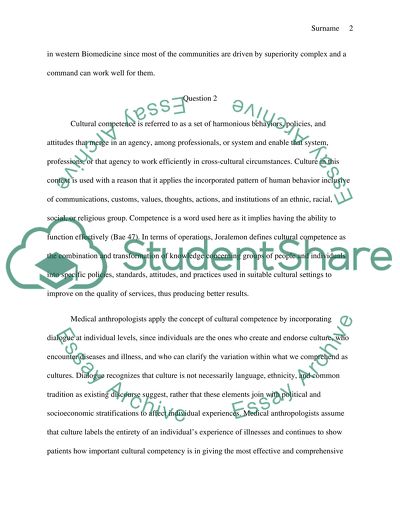Cite this document
(“Anthropology Questions essay Example | Topics and Well Written Essays - 1500 words”, n.d.)
Anthropology Questions essay Example | Topics and Well Written Essays - 1500 words. Retrieved from https://studentshare.org/anthropology/1439711-5-anthropology-questions
Anthropology Questions essay Example | Topics and Well Written Essays - 1500 words. Retrieved from https://studentshare.org/anthropology/1439711-5-anthropology-questions
(Anthropology Questions Essay Example | Topics and Well Written Essays - 1500 Words)
Anthropology Questions Essay Example | Topics and Well Written Essays - 1500 Words. https://studentshare.org/anthropology/1439711-5-anthropology-questions.
Anthropology Questions Essay Example | Topics and Well Written Essays - 1500 Words. https://studentshare.org/anthropology/1439711-5-anthropology-questions.
“Anthropology Questions Essay Example | Topics and Well Written Essays - 1500 Words”, n.d. https://studentshare.org/anthropology/1439711-5-anthropology-questions.


